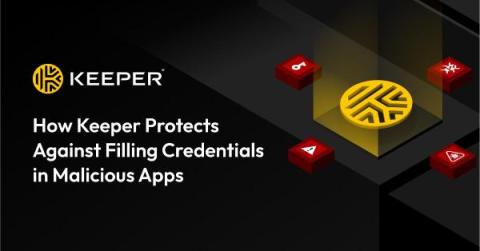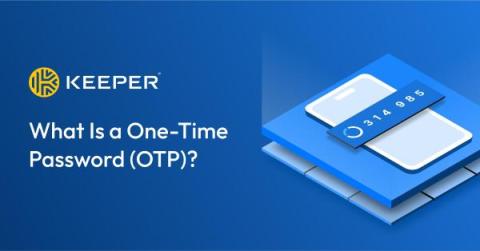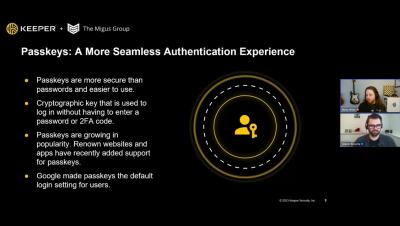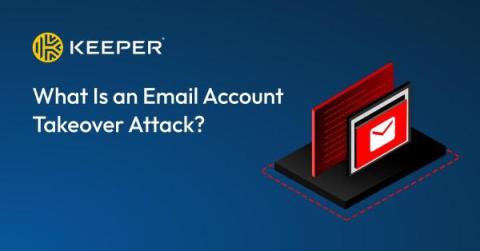How Keeper Protects Against Filling Credentials in Malicious Apps
Keeper Security’s dedication to protecting user data permeates everything we do. Keeper® holds the longest standing SOC 2 and ISO 27001 certifications in the industry. Keeper is GDPR compliant, CCPA compliant, as well as FedRAMP and StateRAMP Authorized. Our commitment to securing our customers’ data is why Keeper has proactive safeguards in place to protect our customers against automatically filling credentials into untrusted applications or websites.











